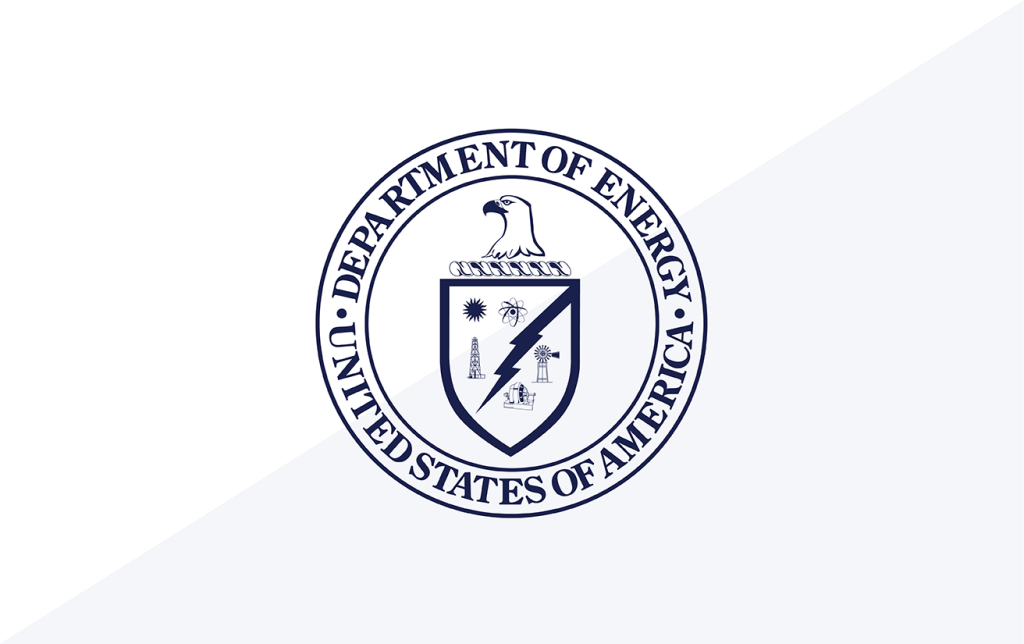WASHINGTON—The U.S. Department of Energy (DOE) today extended a commitment to collaboration in water power research and development with Norway’s Royal Ministry of Energy. The extension of this previously established Memorandum of Understanding (MOU), which facilitates planning and coordination activities between the two countries, will further the Trump Administration’s efforts to reduce energy costs, strengthen grid reliability and security, and unleash American energy innovation as called for in President Trump’s Executive Orders on energy and Secretary Wright’s memorandum.
“Strong partnerships drive innovation, and innovation strengthens America’s energy future,” said Energy Secretary Chris Wright. “Hydropower is a tremendous resource— one that supports reliable, affordable power across the country and holds vast potential to bolster America’s grid. By signing this Memorandum of Understanding with Norway, we are building upon our two nations’ shared expertise and advanced marine energy technologies to support President Trump’s pro-growth energy agenda for the American people.”
“Hydropower and marine energy have potential to reduce energy costs and improve the resilience of our electric grid,” said Principal Deputy Assistant Secretary for Energy Efficiency and Renewable Energy Lou Hrkman. “Our collaboration with Norway—another country that is rich in water power resources—will help us expand our generation capacity, upgrade existing facilities, and cultivate the technical expertise we need to make the most of these opportunities.”
In 2020, DOE and Norway’s Royal Ministry of Energy signed a five-year MOU Annex that brought together DOE’s Water Power Technologies Office and the Norwegian Research Centre for Hydropower Technology to collaborate on hydropower research and development. The latest MOU Annex expands the scope of this collaboration to include marine energy, which has the potential to provide locally sourced energy to millions of Americans in the most densely populated regions of the country. Under the extended MOU, the two parties will share foundational information, tools, and technologies that reduce barriers to the development, testing, and advancement of both marine energy and new hydropower technologies.
###

